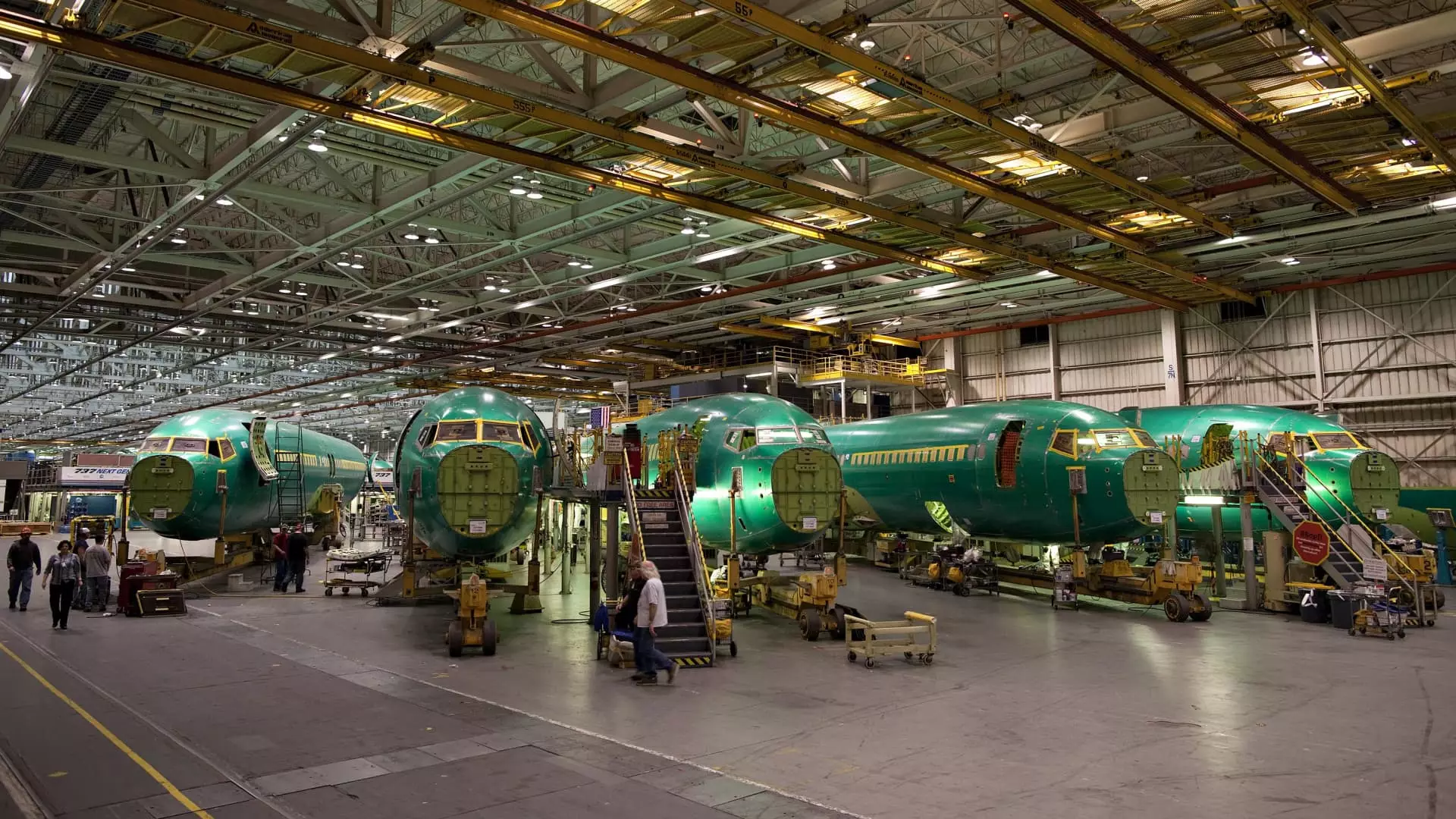Boeing recently announced its decision to buy back Spirit AeroSystems in an all-stock deal, with the intention of enhancing safety and quality control within the company. The deal involves Boeing paying $37.25 a share in its own stock for Spirit, resulting in an equity value of $4.7 billion. This move comes after a series of incidents, including a fuselage panel blowing out midair from a Boeing 737 Max 9, which led to concerns about safety standards within Boeing’s supply chain.
The acquisition of Spirit AeroSystems by Boeing is expected to have far-reaching implications for both companies. By bringing Spirit in-house, Boeing aims to align their production systems and workforces more closely, to ensure better coordination and quality control. This move is seen as a significant step towards strengthening Boeing’s reputation and regaining the trust of customers and regulators after a series of setbacks related to safety and production issues.
Despite the potential benefits of the acquisition, there are also challenges and controversies surrounding the deal. The National Transportation Safety Board’s preliminary report into the Jan. 5 accident highlighted serious production problems, including issues with bolts and misdrilled holes on Boeing planes. This raises questions about the overall quality control standards within Boeing and its supply chain, casting doubts on the effectiveness of the acquisition in addressing these underlying issues.
Financial and Regulatory Concerns
The financial implications of the acquisition are also a cause for concern, especially given Boeing’s recent financial struggles. The company has faced significant financial losses, with its CFO predicting a cash burn of around $8 billion in the first half of 2024. This, coupled with a decline of more than 30% in Boeing’s shares this year, raises doubts about the long-term sustainability of the acquisition and its impact on Boeing’s overall financial health. Additionally, regulatory approval for the deal remains pending, with regulators, shareholders, and stakeholders closely monitoring the situation.
Moving forward, Boeing must address the underlying issues that led to the acquisition of Spirit AeroSystems in the first place. Improving safety, quality control, and production standards should be the top priorities for Boeing to regain customer trust and ensure the long-term success of the company. This will require a concerted effort from Boeing’s leadership, employees, and stakeholders to implement meaningful changes and reforms that enhance Boeing’s reputation as a leading aerospace company.
Boeing’s acquisition of Spirit AeroSystems presents both opportunities and challenges for the company. While the move is aimed at improving safety and quality control within Boeing’s operations, there are underlying concerns about the effectiveness of the acquisition in addressing the root causes of Boeing’s recent setbacks. Moving forward, Boeing must prioritize safety, quality, and regulatory compliance to ensure the long-term success and sustainability of the company.

